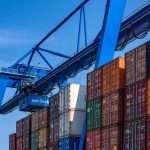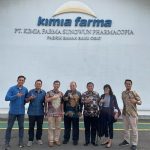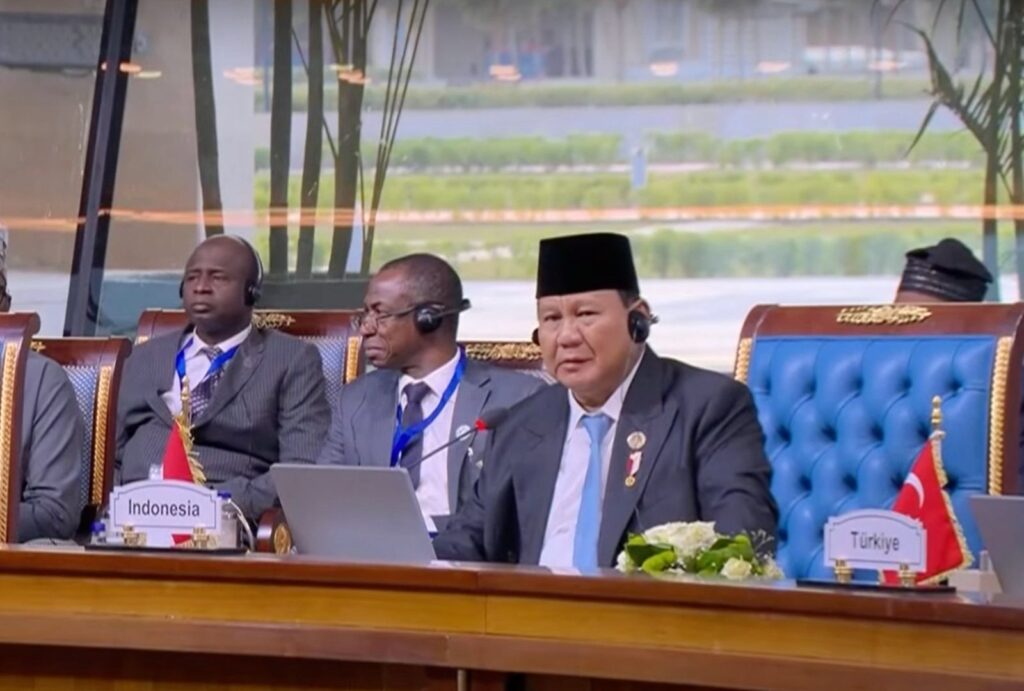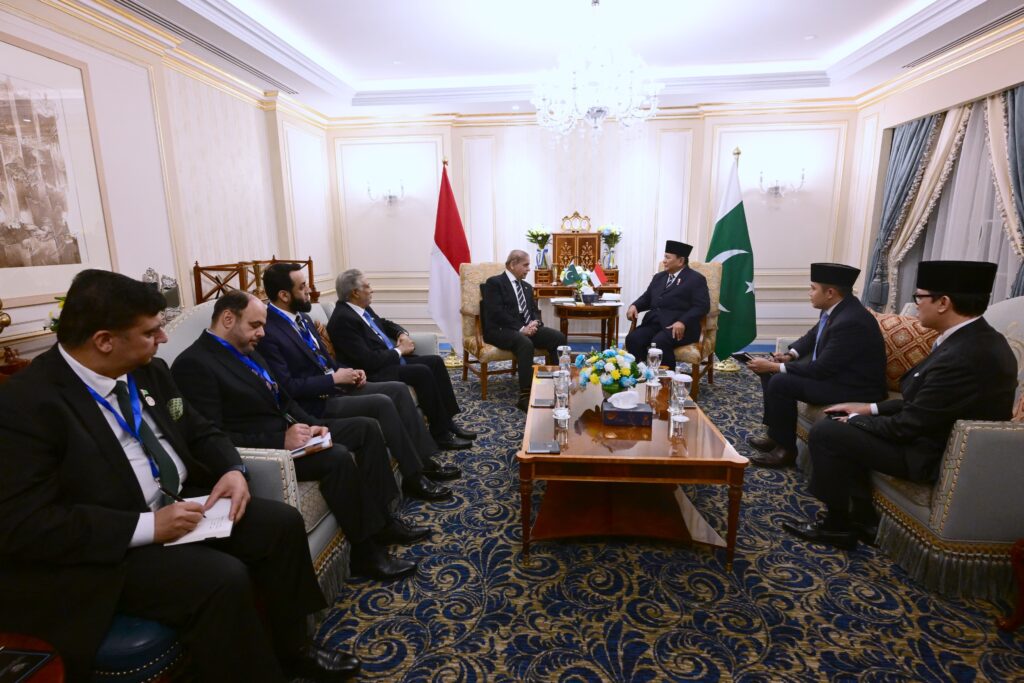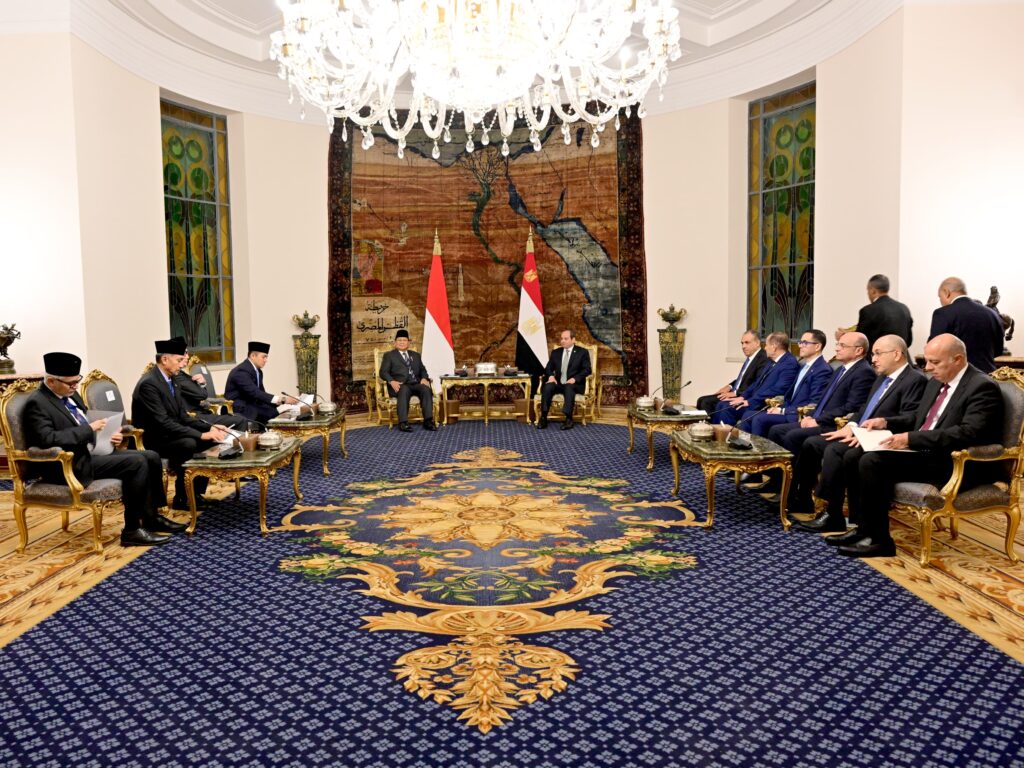Indonesia to strengthen role of ASEAN by holding flagship events
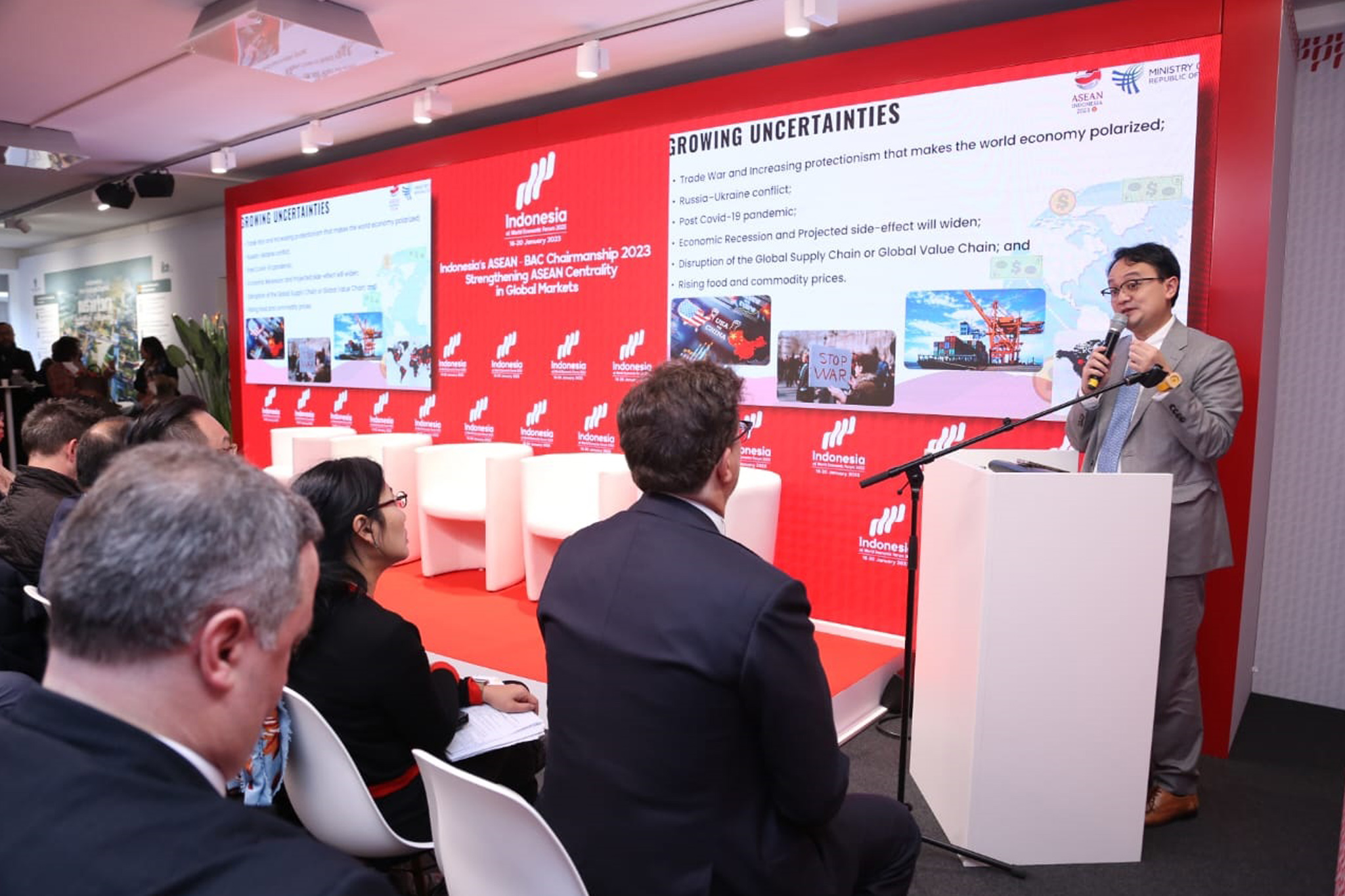
Indonesia’s vision of ASEAN 2023 is directed to make the role of ASEAN strong, adaptive, and inclusive; play a central role; and provide benefits to the people both within and outside the region.
Jakarta (Indonesia Window) – Indonesia’s Deputy Trade Minister Jerry Sambuaga has said that his ministry is expected to hold four flagship events related to the country’s chairmanship of ASEAN 2023, in order to strengthen the role of ASEAN as a hub of regional production.
Jerry Sambuaga made the remarks in a discussion – Indonesia’s ASEAN/Business Advisory Council (BAC) Chairmanship 2023: Strengthening ASEAN Centrality in Global Markets’, on Wednesday (18/1) at the Indonesian Pavilion in Davos, Switzerland.
The discussion was part of the 2023 World Economic Forum (WEF) which took place on Jan. 16-20, 2023, according to a written statement from the Ministry of Trade received by Indonesia Window on Monday.
“It is scheduled that Indonesia will hold eight flagship events. Four of them will be under the Ministry of Trade,” the deputy trade minister said.
The first event is to launch the ASEAN Online Sale Day (AOSD), and the second will be the ceremony of full implementation of the Regional Comprehensive Economic Partnership (RCEP) after the Philippines completes its ratification process, he said.
“Third will be the launch of the New ASEAN Tariff Finder, and the Fourth will be the completion of the study and the launch of the Digital Economy Framework Agreement (DEFA) negotiations,” Jerry explained.
On the occasion, Jerry said the ministry would continue Indonesian President Joko Widodo’s directions that have been conveyed at the 2022 ASEAN Business and Investment Summit.
“ASEAN must be able to play a role as the main engine of regional growth in several ways. The first way is to strengthen ASEAN’s role as a regional production hub which is an integral part of a highly competitive global value chain,” he said.
He pointed out that the next way is to encourage an energy transition for sustainable energy security in order to avoid an energy crisis due to conflicts.
According to Jerry, President Widodo also invited the private sector to accelerate economic recovery, strengthen ASEAN’s position as a competitive production hub, and speed up the presence of reliable and affordable clean energy.
With this enthusiasm and commitment, Indonesia carried out the handover of the ASEAN 2023 Chair from Cambodia in November 2022 and set the chairmanship theme ‘ASEAN Matters: Epicentrum of Growth’.
It means that Indonesia is ready to play an important role in leading the direction and goals of ASEAN political, economic and socio-cultural cooperation.
The deputy minister emphasized that the importance of ASEAN to regional countries and the world is supported by three main pillars that build the essence of ASEAN’s strength, namely centrality, stability and prosperity.
The vision for the ASEAN 2023 Indonesia is directed at building a strong, adaptive and inclusive role of ASEAN; playing a central role; and providing benefits to the people both within and outside the region, Jerry said.
Taking into account the strategic megatrends and overcoming the impact of the multidimensional crisis on foods, energy and finance, Indonesia announced the priority economic deliverables (PED) proposal under the country’s chairmanship, he said.
There will be three strategic encouragements. Of the 16 PEDs under the ASEAN Economic Community (AEC) pillar, and seven of them will fall under the scope of ASEAN Economic Ministers (AEM/ASEAN Economic Ministers).
“The first strategic encouragement, which is to rebuild regional growth through connected markets and new competitiveness with the ASEAN Services Facilitation Framework (ASFF); signing of the 2nd Protocol to Amend the Agreement Establishing the ASEAN-Australia-New Zealand Free Trade Area (AANZFTA); establishment of a RCEP support unit at the ASEAN Secretariat, Jakarta, Indonesia; as well as ASEAN Industrial Project-Based Initiatives,” he noted.
The second strategic encouragement is accelerating the transformation and participation of an inclusive digital economy. This can be done by fully implementing e-Form D through the ASEAN Single Window and the leaders’ statement to develop DEFA, he added.
The last encouragement is to promote sustainable economic growth for a resilient future by drawing up a roadmap for harmonization of ASEAN standards to support the implementation of the Sustainable Development Goals (SDGs), Jerry said.
Reporting by Indonesia Window

.jpg)
